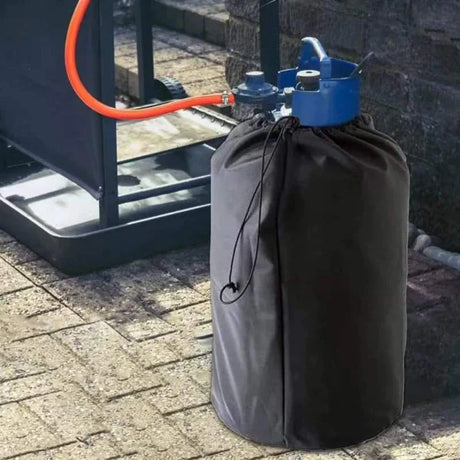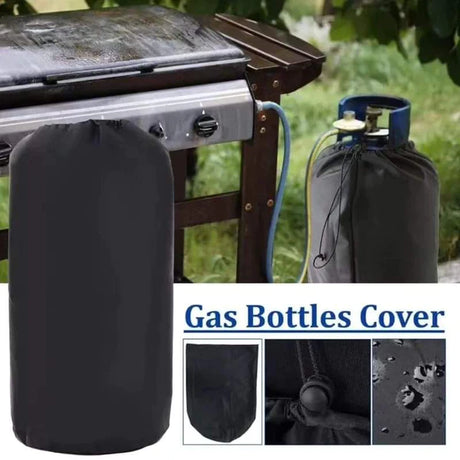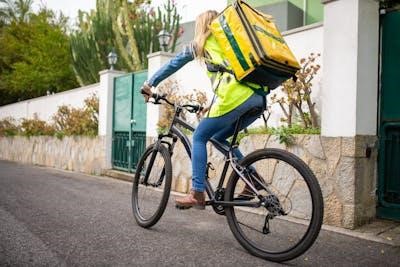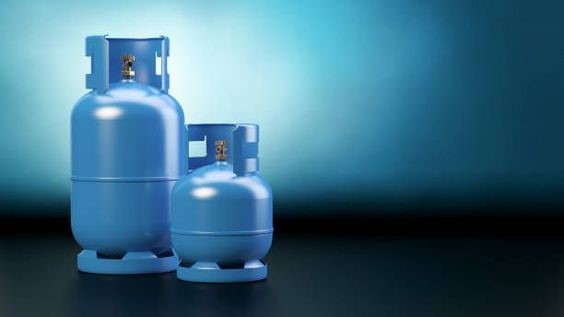Introduction
In the past 5 years, Kenyan households have witnessed growth in the use of gas for cooking and heating. However, with the rise in gas usage, there has been an increased risk of accidents if safety guidelines are not followed. According to the Energy and Petroleum Regulatory Authority, there has been tremendous growth in gas-related accidents, hence the need for precaution and awareness. The article outlines the safety guidelines for handling gas delivered at home, the proper storage method, and emergency procedures. The practices discussed in this article will go a long way in promoting safety while ensuring Kenyans enjoy the benefits of gas.
Table of Contents
- Introduction
- Why This Topic Matters
- Key Points for Handling Gas
- Common Challenges and How Lilwa Delivery Solves Them
- Practical Tips for Delivery Sector Success in Gas Distribution
- Frequently Asked Questions
- Conclusion
Why This Topic Matters
Safety when handling gas is crucial to families and the wider community. Gas explosions often lead to fatalities and property destruction. Therefore, it is key to understand and implement safety measures to reduce the risks. Also, given the growing usage of gas, it is important to raise awareness to enable families to adhere to safety.
Key Points for Handling Gas
It is crucial to understand and implement safety measures for gas used for cooking and heating.
1. Proper Storage
Gas cylinders must be stored in an upright position to minimize the risks of leakage. It is also essential to store gas cylinders in a well-ventilated area. Poor ventilation leads to gas accumulation, hence increasing the possibility of leakage. Homes must avoid storing gas cylinders in confined spaces since they lack adequate air circulation. Gas storage areas also need regular inspection for any issues, such as corrosion in the cylinders, that can compromise safety. At Lilwa Delivery, we thoroughly inspect all our gas cylinders before delivering them to our customers.

2. Regular Maintenance
Periodic checks should be conducted in homes to ensure no leaks—professional servicing must be scheduled at least yearly to check the overall integrity of gas appliances. Trained gas technicians like Lilwa Delivery can identify potential hazards and perform replacements or repairs, which helps enhance safety and prolong the life of gas appliances.
3. Safe Usage Practices
Implementing safe usage practices to minimize risks is crucial. Always stay focused when cooking using gas to prevent any oversight due to distractions. Avoid leaving cooking gas appliances unattended when using high heat to allow immediate action in case of any issue, such as unusual odors. All family members, including children, need to be educated on using gas appliances. At Lilwa Delivery, we provide our customers with the safety guidelines brochures.

4. Emergency Procedures
In case of a gas leak, the gas supply should be turned off immediately, and windows should be opened. All families need to get outside the house and contact emergency services. A list of emergency contacts needs to be readily accessible to save valuable time in case of an accident. Also, regular drills should be conducted in homes to familiarize all family members with emergency procedures. Being prepared in case of a gas accident is crucial in reducing panic and confusion in the event of an actual emergency. At Lilwa Delivery, we frequently carry out drills to ensure the community is well-prepared in case of an emergency.
Common Challenges and How Lilwa Delivery Solves Them
Due to the increased gas usage for cooking and heating, several challenges arise that can compromise safety. Some common challenges include delayed deliveries, poor maintenance checks, and lack of proper guidance on gas handling. Lilwa Delivery has implemented strategies to address these issues:
- Regular Inspections: Lilwa Delivery ensures thorough inspections of gas cylinders before delivery to ensure safety.
- Customer Education: We provide customers with brochures on safe usage practices and emergency procedures.
- Timely Deliveries: We focus on punctual deliveries to ensure customers receive their gas without unnecessary delays.
Practical Tips for Delivery Sector Success in Gas Distribution
- Ensure Safety: Always inspect and maintain gas cylinders before delivering them to customers.
- Educate Customers: Provide safety guidelines and emergency procedures to all customers upon delivery.
- Prioritize Timeliness: Customers rely on timely deliveries for their safety and convenience.
Frequently Asked Questions
1. How do I safely store my gas cylinder?
Store the gas cylinder upright in a well-ventilated area. Avoid confined spaces where gas could accumulate in the event of a leak.
2. How often should I have my gas appliances serviced?
It is recommended to have your gas appliances professionally serviced at least once a year to ensure they are in safe working condition.
3. What should I do in case of a gas leak?
Turn off the gas supply, open windows, evacuate the house, and contact emergency services immediately.
Conclusion
Safety is paramount when handling gas in Kenyan households. By following the proper storage, maintenance, usage, and emergency procedures, families can minimize the risks and enjoy the benefits of cooking and heating with gas. Lilwa Delivery is committed to ensuring that every gas cylinder delivered is safe, and we strive to educate and equip our customers with the necessary tools to handle gas safely.

